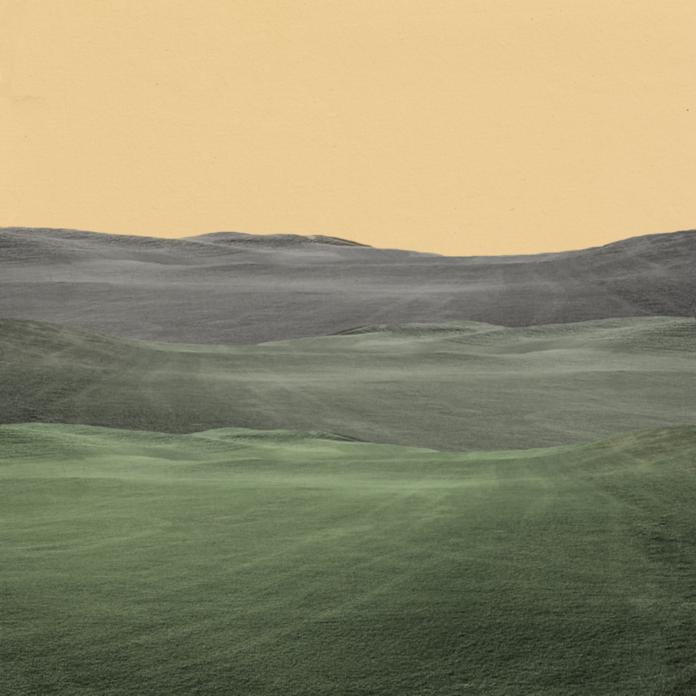How vast the human body, your human body, is.
The nervous system sprawls like markings on a vast map of pleasure and affection. The things a body can do! Sectioned off into its own time zones, it lives on, and depending on the position of the sun, the pupils dilate, the mouth waters, and the sex pulses with possibility—unobstructed like a door ajar that cannot be closed.
The slightest touch from a cuticle tip generates an electrical impulse coinciding with the tambor sounding from within the ribcage, impairing the harmonious entrance and exit of air through the lungs, causing loss of control of one’s facial pigmentation, and provoking an excess of moisture from the sudoriferous glands.
And it is this same body, generous in dispensing pleasure and passion, which also accommodates the calm affection of rainy Friday evenings, where your legs intertwine in matrimonial or extra-conjugal procreation, your warm thighs brushing against another’s knees that are yet to ache or grow too warm.
Day and night forever alternate in the cartography of this common body’s landscape. In the pitch-black night there are foxes, bats, and men; their hands open in search of a vulnerable body, any body, including yours. All the phalanges on their metacarpal foundations—the distals, intermediates, and proximals—collapse into a rock formation, rapidly turning red: a reaction that puts an end to the illusion of terrain pertaining to this body, any body, your body. As the moment passes, the pores slowly turn purple, the tear ducts simultaneously open with the tightening of the slender larynx, and the brain receives warning signals that the body’s surface is destructing. A burning map is hard to read. The fires cross deep subsurfaces, perforated from the crust to the nucleus of the earth, your body’s limitlessness. Light and shadow are kept within it, depending on its latitude and longitude. Vast bodies, including yours, have areas of abundance and areas of aridity. Territories have border disputes on land which didn’t previously exist, when the sun was out and steady breathing was necessary. You open your hands, though the fingers fold and the phalanges go to meet the metacarpals once more. Be strong! This is how the curled fist was created. Who is it that you hate? The ribcage shudders, much like it did before, but now the mouth is no longer watering, it’s frothing.
Following the map, you see paths tracing themselves away from the shadows and fire, for everything is constantly in motion; they traverse familiar territories. A truce made en route. Your body, which is any body, is damp again, awaiting the caress of a steady hand, exerting just enough pressure as it runs its fingertips over the capillaries, provoking somnolence and satisfaction.
Ten years later and there is a new map in your hand. It is now impossible to find the original landscape. Its itinerary has come to an end, and this is the point of departure and arrival, from which there will be no more departures. Your body remains potent and vast, but it is dry. Your pupils are still. Your mouth no longer thirsts. The heart is nearly dormant. Your breathing is uniform, no longer faltering and frenzied. You are imprisoned in limbo. It is not day or night, not east or west; you are in the crosshairs, the target, you are nobody. Your body has stopped reacting. Perhaps it does not even act in the first place. You hold the map, the nervous system, the escape routes for dormant, knotted muscles and porous bones—Happy Birthday! There are years to go, not years to come. To your health! In your nucleus accumbens, the body and its map are being wiped away, and the lines are so faded that you start disappearing without knowing where you are headed. There comes a time to be expelled from paradise.
Inside your borders, you are floating. You are made of vapour, unable to touch anyone, but you are there, in the heavy air. No one else sees your body. It withered a long time ago and became an arid haven to no one. Not so much as a hint of pleasure, nothing of the sort. It gets no light, not even shadow. See how you are suspended in time, inert, while bodies—all except yours—follow maps and routes from north to south. As you float within the humid air that encapsulates you, you are blown towards the edges of your personal labyrinth’s map. You had a body that opened its hands in pleading and closed its hands into fists for protection. You evaporate, and this coincides with your oblivion. People who once inhabited your maps now cannot remember its features, its smell. Not even voices can resist oblivion. Your body and its geography become so weak and diminutive that you are pure dust. It’s as though you had spent your whole life drawing a map to nowhere, to be followed closely. What a useless endeavor. To disappear, one only has to love people and places vertiginously; one only needs a short amount of time, and the companionship of others.

